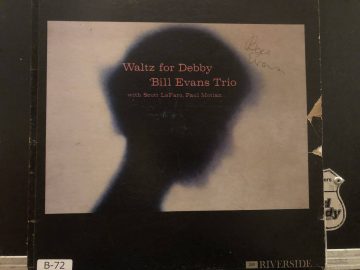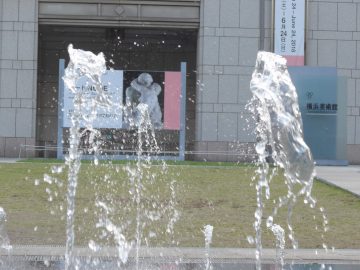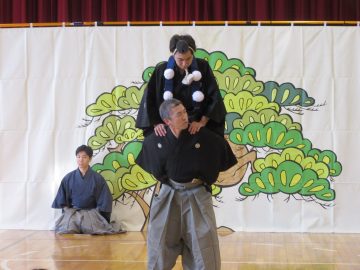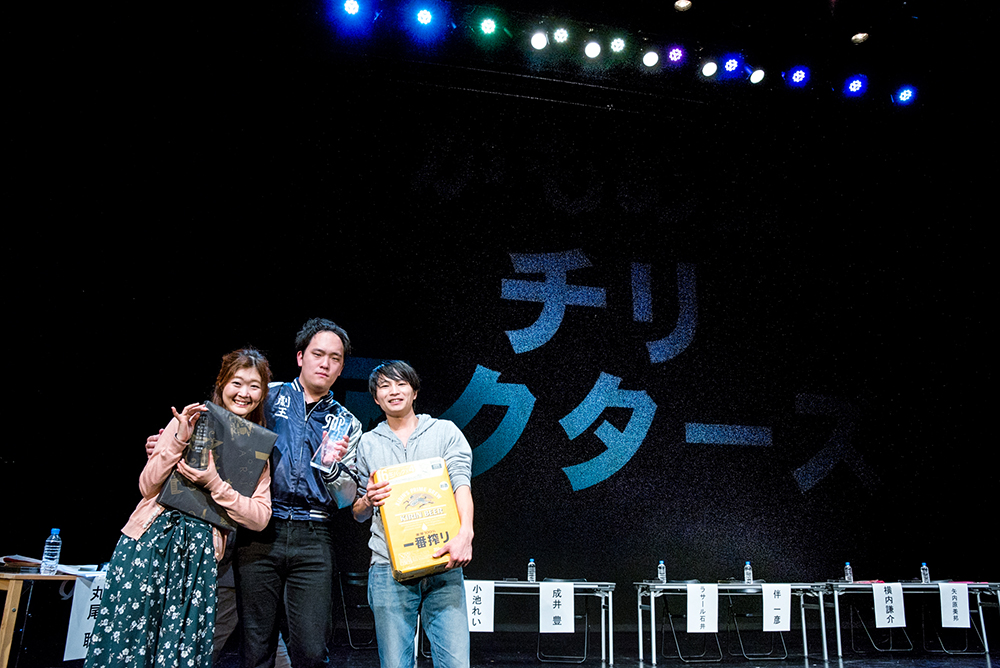
In the first part, we present a report on the 2nd Kanagawa Kamome Short Play Festival.
"Next, I want to take 'Unknown' to all 47 prefectures!"
Interview with the winners of the Chiriactors Theatre Company (Hiroshi Oshima, Shun Ikeya, Suzuka Kimura)
--The public judging and award ceremony for the "2nd Kanagawa Kamome Short Drama Festival" has just ended, but following the "Gekiou Kanagawa V" that we interviewed at Magcal last year, you have won consecutive championships with "Shirazu no Uchi ni". Congratulations!
Oshima: I was really surprised! I couldn't believe it when the results were announced. When I won the "Kanagawa Drama King V" I cried with joy that what I wanted to do was recognized, but I never imagined that I would only do such a silly thing at the "Kamome Short Drama Festival", which brings together talented performers from all over Japan and Asia...
Ikeya: Absolutely!!
Oshima: I was stunned, wondering whether it was ok for "Without Knowing" to be so highly acclaimed when it doesn't have any particular theme.
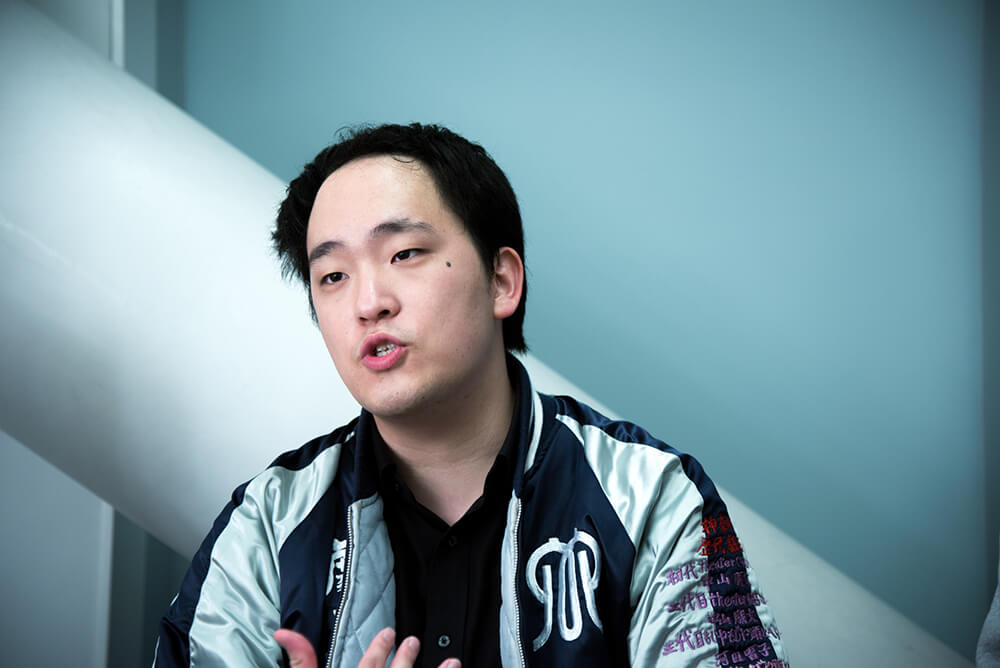 Chi Reactors Oshima-san
Chi Reactors Oshima-san--Prior to the Kamome Award, you received the Audience Award as the most popular vote, so did you have a premonition?
Ikeya: No, no! No matter how much praise I received from the audience, I had no idea what criteria the judges would use to vote, even after listening to their comments, so I had no confidence at all and was really scared during the jury voting. So I was really relieved when the results were announced.
Kimura: I was happy to win the Audience Award, but when I heard that "Since we're a theater company from Kanagawa, it's only natural that we'd get audience votes," and I thought "Ah, that's as far as we can go," we also received the Kamome Award, so I was really happy that the judges recognized us.
--When the judges were giving their comments, the Chili Reactors' name wasn't mentioned much, so that must have made you all the more nervous.
Oshima: That's right. So I was happy that Yanaihara (Mikun)-san praised me and said that she liked me, and I was even more surprised when Narii (Yutaka)-san put my name forward as a candidate for the "Actor Award". I was absolutely sure that Ikeya would be praised for our work, so when Narii-san said "The Chi Reactors'...", I punched Ikeya.
Iketani: That's right!
Oshima: The moment we hit each other, I heard "Oshima" and was like "Seriously?!", and had nowhere to stand (laughs).
Kimura: It's true!
Ikeya: So you ended up punching Oshima instead! (laughs)
--The stage of "Gekiou Kanagawa V" was wonderful, but this time too, you showed your true colors. "Shirazu no Uchi ni" was re-performed at the "Kamome Short Drama Festival", but what did you keep in mind this time?
Oshima: Originally, this play was not created with the expectation of being performed on a large stage like the large studio at KAAT. When the stage becomes larger, the laughter inevitably becomes weaker, so we were conscious of using our bodies as powerfully as possible to grab the audience. Also, in terms of the details of the performance, what we wanted to do was to have laughter in the exchanges between the actors, laughter due to changes in relationships, so we changed it to make that easier to understand. We really took the advice of the judges at "Gekiou Kanagawa V" into consideration.
--This time you performed not only with teams from all over Japan, but also with teams from overseas. What were your impressions?
Kimura: As the MC for the first event, I watched all the productions, and this time I also watched all the productions, and as expected, the overseas theater companies left a strong impression. That vividness is something you don't get in Japan, and the actors were very skilled. The Japanese people there also seemed to have a Kansai feel to them, and I felt that the performances of the people from Kyushu were something you don't get in Kanto. I learned a lot by seeing a variety of productions, not just feeling the differences between theater companies, but also the differences between regions. It was a very enjoyable four days.
 Chi Reactors Kimura-san
Chi Reactors Kimura-san-What was the most memorable thing?
Kimura: I was also moved by the play by the theater troupe Masterpiece Cornfield last year. This time, the father's role was replaced by an understudy, Yoon Chun, but when I saw Yoon Chun's version at the dress rehearsal, I cried. That's how wonderful the play was. Even though the understudy only had a few hours of rehearsal before the performance, he was able to act so well that I cried. It was a play that I have a lot of attachment to.
Iketani: I was also glad to be able to see the performances of people I would never have been able to see if I had only been active in Kanagawa. The ideas, the actors' techniques, the finer details of their movements. Everything about it was a stimulating event, and it made me realize that I still have a long way to go as an actor. The ones who made the biggest impression on me were the overseas performers. I saw Taiwan's Co-coism perform twice, at the dress rehearsal and the actual performance, and during the actual performance, I didn't need to look at the subtitles halfway through because I could understand the content, and their acting really touched my heart. I thought they were amazing, I could never compete with them.
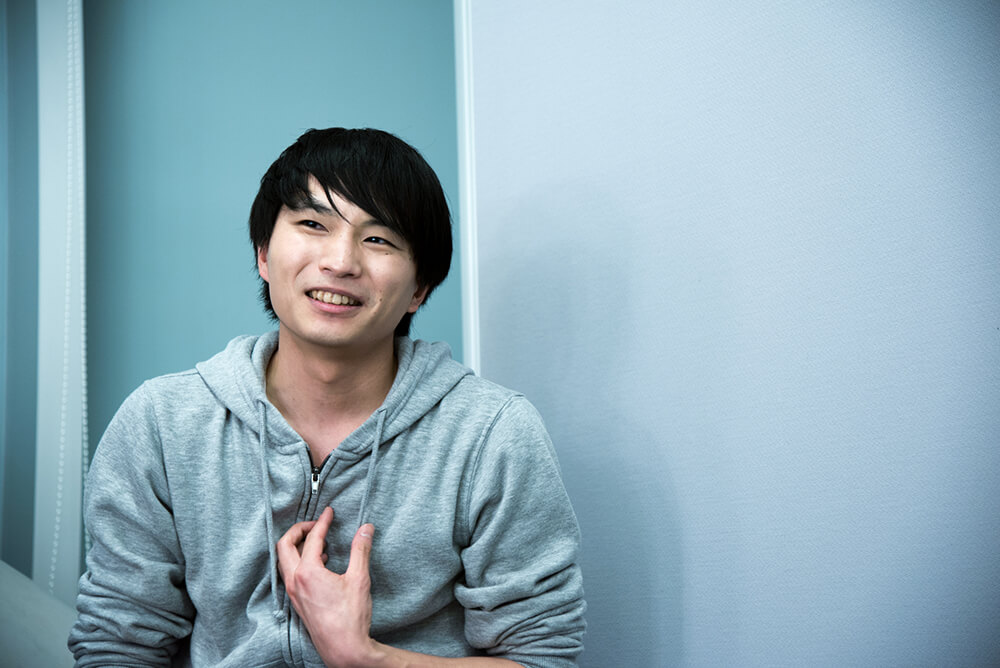 Chi Reactors Ikeya-san
Chi Reactors Ikeya-san-Which theater company caught your eye?
Oshima: The first group I was aware of was Blue Egonak, representing Kyushu. The leader, Anasako (Shinichi), is the same age as me, 26, and formed the theater company in 2012, the same year as Chili Reactors. I was also very interested in Anasako, who was a former rapper and had heard that he was doing very edgy things. I thought it was fate that we ended up in the same B block. Also, I was interested in Wanwanz from Hokkaido, because their way of getting laughs is similar to ours.
--One of the attractions of the Kamome Short Play Festival is the opportunity to meet rivals from all over the country.
Oshima: That's right (laughs). I think it's a great deal to be able to enjoy such a wide variety of theater companies and works all at once in Yokohama. Tickets cost just 3,000 yen, and you can see six groups. As I said at the award ceremony, I would be happy if more and more people knew about this event and more theater companies started aiming to be here.
--We are looking forward to seeing even more from the Chiriactors as the winners of the Kamome Short Play Festival!
Oshima: I am really happy to receive such a wonderful "Kamome Award". I have one goal, and this work "Shirazu no Uchi ni" is a play that anyone can enjoy and everyone can laugh at. This time, 12 groups gathered in Yokohama, but I think there are people all over the country who perform short plays and want to see them. So, I would like to take "Shirazu no Uchi ni" and tour all 47 prefectures like a band's national tour. It is a work that can be performed as long as there is space for three people, so I would like to make it happen!
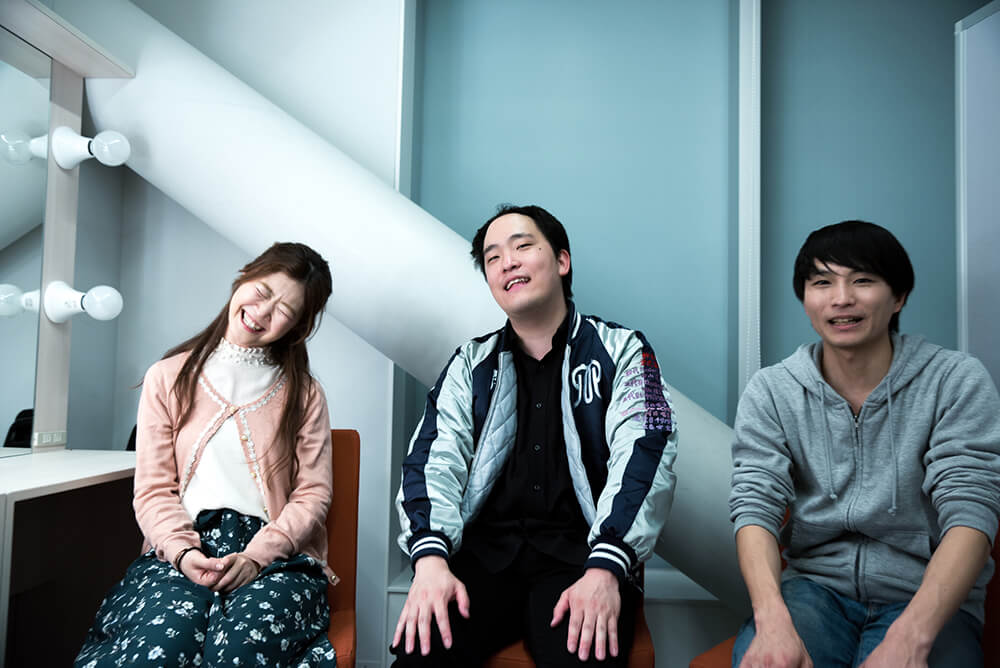
"New theater that preserves tradition while breaking down preconceived notions!"
An interview with LaSalle Ishii, judge of the "2nd Kanagawa Kamome Short Play Festival"
--LaSalle Ishii, you also served as a judge at the first competition last year, but what are your thoughts now that the second competition has concluded?
Ishii: This year, the system was changed from last year, eliminating the preliminary and final rounds and instead having 20 minutes to compete until the end, which I think is good because it is fair and there are more options. Also, all of the works were impressive. However, in the public judging session, the number of judges who commented on each work was limited to two, and I was not able to talk about the work I wanted to talk about, so I think the audience was not as satisfied with the critique portion as they were last year. Also, the arrangements for the announcement of the judges' results were not smooth, the slides were difficult to see, and there were some parts where the progress was delayed, so it was unfortunate that the award ceremony seemed to lack excitement. If I could be the moderator next time, that might be resolved.
Another thing I felt was the weight of the audience votes. The regional representatives who can call on supporters from the Kanto area will have an advantage, so I think that this needs to be corrected next time. Also, the audience votes tend to go towards works with a strong entertainment element, so I thought that this should be considered in the future.
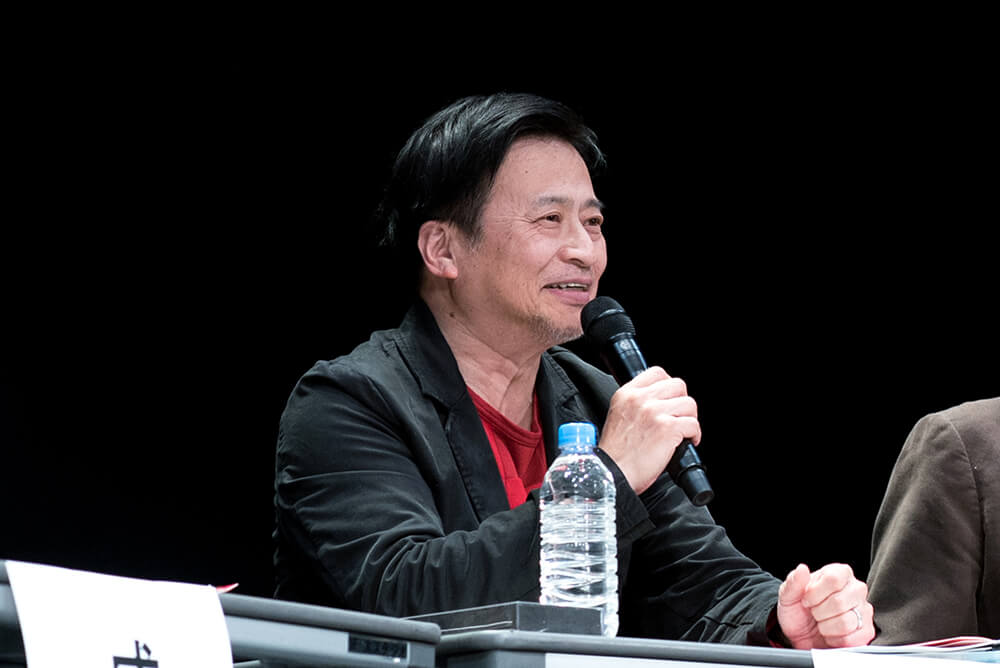 LaSalle Ishii, who served as a judge
LaSalle Ishii, who served as a judge--As a theater person, what do you feel is the most significant aspect of this theater festival?
Ishii: I think it's hard to continue doing theater in rural areas. I'm sure you want your plays to be seen by many people in various places, not just in your own town. For that reason, I think it's meaningful that this festival can encourage theater companies once a year and allow them to get to know each other and invite them to each other's places.
--The Kanagawa Kamome Short Play Festival brings together excellent short works from all over the country, but what points did you focus on in the judging this year? Were there any differences from last year?
Ishii: I thought that reading the play first would be a hindrance to the first experience of theater, so I didn't read the play beforehand this time. I think that's better for judging the play purely. That's why it was very difficult to choose the "Best Play" in the short time we had at the judging session. If we continue with the "Best Play" in the future, I think it would be a good idea to have a different panel of judges and decide the best plays in advance.
--Of the participating groups and performances this year, which one was the most impressive to you, and why?
Ishii: I was impressed by a play about a gay couple in Taiwan (Co-coism's "Stone Jungle") and a one-man play set in a morgue after the Great East Japan Earthquake (Gin's Bar's "Snow in Ihatov"). The former was stylishly directed and the actors were good. The latter also left me feeling deeply moved without feeling the pain of watching a one-man play.
--If there is no catchy commercial information, such as famous actors or directors being involved, or the original work being famous, it is difficult for theater beginners to go to a live stage. What kind of ideas do you think are needed to make events like the Kanagawa Kamome Short Play Festival more popular with the general public?
Ishii: First of all, I think we need to attract more audiences who are not involved in theater. To that end, advertising is of course important. I think that in the future, we need to come up with ideas such as making flyers and copy more catchy, distributing videos of the previous year's winning works, and having familiar regular theater companies feature actors and directors to increase their fan base and encourage people to come and see the actors and theater companies they want to see.
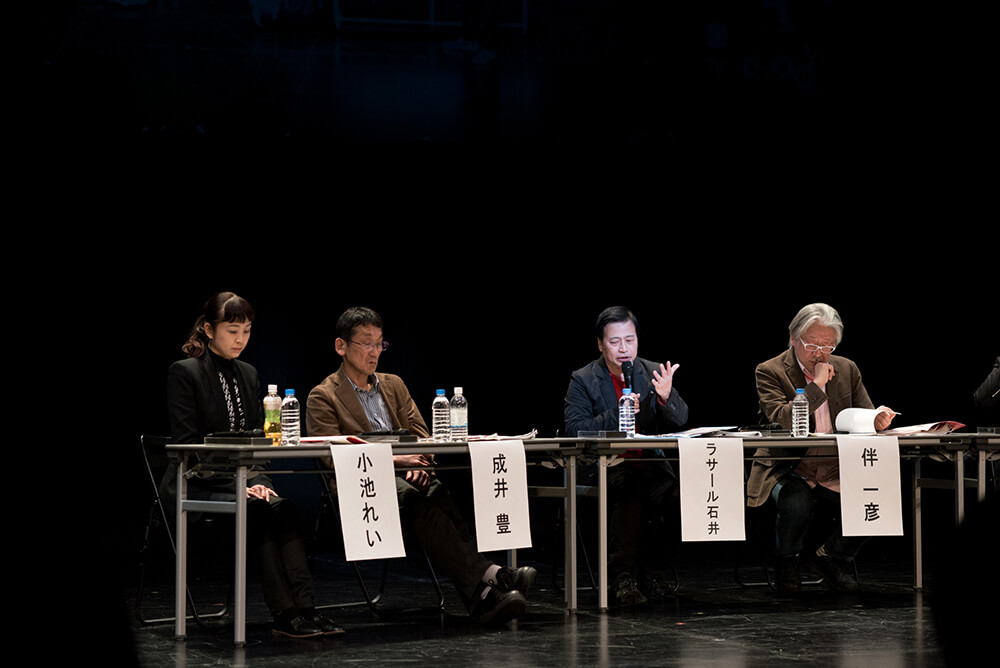
--Last year, the original musical "HEADS UP!" produced by Ishii-san, which was performed at KAAT Kanagawa Arts Theatre, became a big topic. How do you feel about the success of "HEADS UP!" now?
Ishii: I am very grateful to KAAT for taking a gamble to actually stage an idea that only existed in my head. Above all, it was good that I was able to work together with the KAAT staff, consulting with them about this and that, rather than just making my own decisions. The cooperation was rock solid, and I don't think it could have been done without KAAT. A work like "HEADS UP!" would not have been created with a major musical production company. In that sense, I am proud that a very unique original Japanese musical has been born.
-- "HEADS UP!" has become a very meaningful work as a Magcal project. Furthermore, as a member of the Magcal Table, Mr. Ishii is committed to the development of entertainment culture in Kanagawa Prefecture. How do you feel about the Magcal initiative now? Also, how would you like to develop Magcal's activities in the future?
Ishii: The efforts of everyone at Magcal are wonderful. I was honestly thinking that since we started Magcal, everyone's work would increase and it would be difficult for them, but it's amazing that they have taken Governor Kuroiwa's proposal seriously and achieved steady results despite the limited budget. I'm busy and sometimes I can't participate, but I would like to continue to do whatever I can.
--This year, many young theater people gathered at the Kanagawa Kamome Short Play Festival. What do you expect from young theater people in the future?
Ishii: I would like to see more new works created that break with established forms of expression while preserving theatrical tradition.
